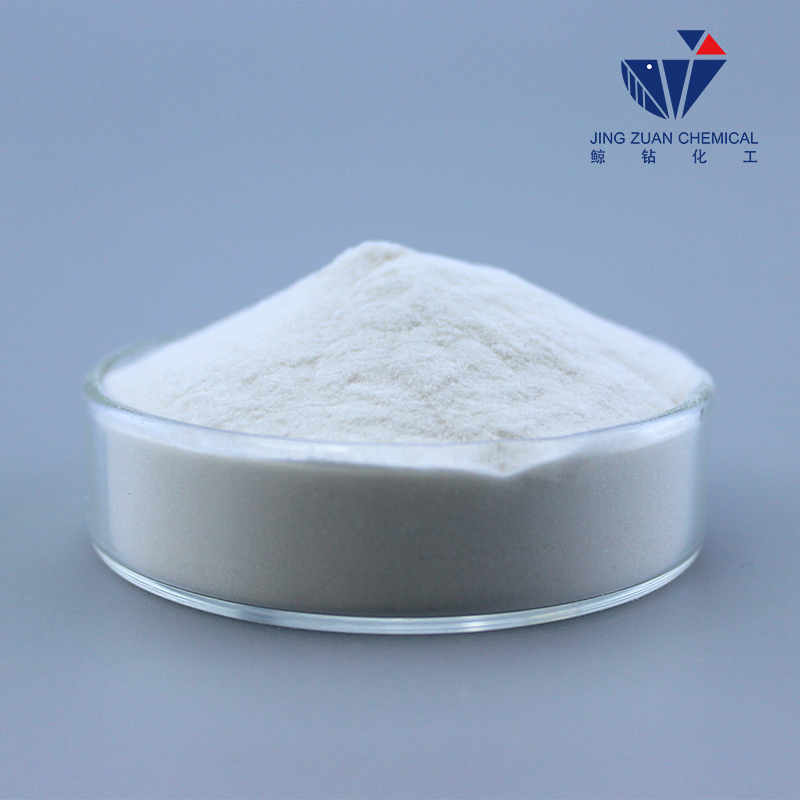
Aug . 08, 2024 03:55 Back to list
Exploring Advanced HPMC Applications and Benefits for Gypsum-Based Construction Materials
HPMC for Gypsum Enhancing Performance in Construction Applications
Hydroxypropyl methylcellulose (HPMC) is a versatile cellulose ether that has gained significant traction in the construction and building materials sector, particularly with gypsum-based products. As a crucial component in various formulations, HPMC contributes not only to improved performance but also to enhanced workability and sustainability. This article delves into the role of HPMC in gypsum applications, highlighting its benefits and practical implications.
Understanding HPMC
HPMC, derived from natural cellulose, is a non-ionic and water-soluble polymer. It is widely used in a range of industries, including pharmaceuticals, food, and construction, due to its unique properties such as thickening, binding, and film-forming abilities. In the context of gypsum, HPMC functions as a vital additive that improves the overall characteristics of gypsum products, such as plaster, drywall compounds, and self-leveling underlayments.
Benefits of HPMC in Gypsum Products
1. Improved Workability One of the most significant advantages of incorporating HPMC into gypsum formulations is the enhancement of workability. The polymer acts as a lubricant, allowing for smoother mixing and application. This is particularly beneficial when dealing with large surfaces, as it reduces the effort required for spreading and leveling the material.
2. Extended Open Time HPMC extends the open time of gypsum products, allowing for more extended periods of application without the material setting too quickly. This feature is critical for contractors and builders who need additional time to work on finishes and adjust their application techniques.
3. Enhanced Adhesion The addition of HPMC improves the adhesion properties of gypsum products. This characteristic is vital for ensuring that plasters adhere well to the substrates, thereby reducing the likelihood of delamination over time. Strong adhesion contributes to the durability and longevity of the finished surfaces.
hpmc for gypsum

4. Water Retention HPMC enhances the water retention capacity of gypsum mixes. This property prevents premature drying, allowing for better hydration of the plaster, which is essential for achieving optimal strength and hardness. Adequate water retention also minimizes cracks and reduces the likelihood of shrinkage.
5. Sustainability The increasing demand for sustainable construction materials has led to the development of eco-friendly additives. HPMC is biodegradable and has a minimal environmental impact, aligning with modern green building practices. By incorporating HPMC into gypsum formulations, manufacturers can promote sustainability while maintaining product performance.
Applications in the Construction Industry
HPMC-modified gypsum products are used in various applications, including interior wall finishes, floor leveling compounds, and repair mortars. For instance, in drywall construction, HPMC can be used to enhance joint compounds, promoting a smoother surface and better finish quality. In flooring, self-leveling compounds benefit from the improved flow and leveling characteristics imparted by HPMC.
Moreover, the versatility of HPMC allows for its use in a wide range of formulations, accommodating different performance requirements, whether for high-strength systems or those requiring rapid setting times.
Conclusion
The incorporation of Hydroxypropyl methylcellulose (HPMC) into gypsum products represents a significant advancement in construction technology. By enhancing workability, prolonging open time, improving adhesion, and promoting sustainability, HPMC plays a crucial role in the development of high-performance gypsum formulations. As the construction industry continues to evolve, the synergy between HPMC and gypsum products will undoubtedly pave the way for innovative and efficient building solutions that meet the demands of modern construction practices.
-
Versatile Hpmc Uses in Different Industries
NewsJun.19,2025
-
Redispersible Powder's Role in Enhancing Durability of Construction Products
NewsJun.19,2025
-
Hydroxyethyl Cellulose Applications Driving Green Industrial Processes
NewsJun.19,2025
-
Exploring Different Redispersible Polymer Powder
NewsJun.19,2025
-
Choosing the Right Mortar Bonding Agent
NewsJun.19,2025
-
Applications and Significance of China Hpmc in Modern Industries
NewsJun.19,2025







